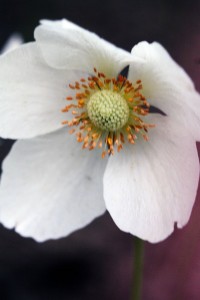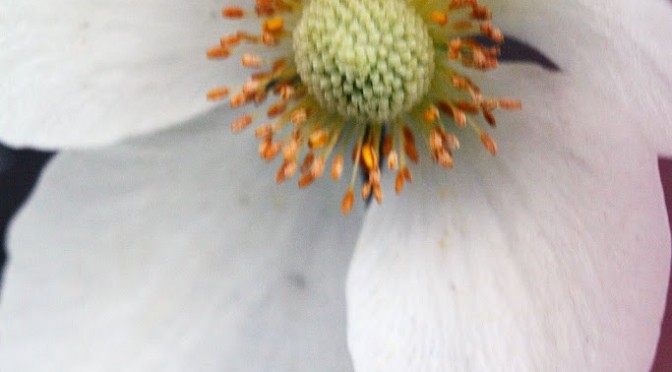 Every so often I like to play with a translation project I first started in college. Back then I was overly careful, I think, to stick closely to the original text. With multiple revisions and the fact that no one is grading me on this (!) I let myself have a bit more fun with the text at each visit. Others, from the same book and author, Ana Maria Matute, are here and here and here.
Every so often I like to play with a translation project I first started in college. Back then I was overly careful, I think, to stick closely to the original text. With multiple revisions and the fact that no one is grading me on this (!) I let myself have a bit more fun with the text at each visit. Others, from the same book and author, Ana Maria Matute, are here and here and here.
I don’t know who called springtime sweet. I remember running towards the forest, my brothers and I and our friends, barely smelling in the air its peculiar, unmistakable odor. We carried large Hazelwood sticks to open a path through the leaves; leaves as large as the palms of our hands. There was a narrow and shady path above the forest where a thick jungle of wildflowers bloomed. Tightly packed, tall among the shadows, grew these plants that reached as high as our chests and got tangled around our arms and legs. Our knees got wet, our feet were drowned in the caked-up mud, and I even seemed able to touch the moist, hot air.
The leaves of the wildflowers were an angry green and were bound together with tiny crystals of a recent snowfall. I liked to put them close to my cheek, like the hand of a friend. The flower was white and sinister, poisonous according to the shepherds; the tips of the petals stained scarlet like fingers soaked in blood. Because of our childish fanfare, we liked to bring the blossoms close to our lips and say,
“I’ll bite it!”
There was always some little one that ended up shouting while the bigger kids waited secretly, cruelly, fearing and wishing in our hearts for some strange and sudden death; needless and terrible in the middle of the overcast morning in the forest. There while the insects and the golden bees buzzed and you could hear the river at the base of the big gully, with the beetles flickering their mulberry wings against the metallic silver of their shells, among the high grasses on the path. The babysitter said that the most beautiful wildflowers held a mysterious poison for princes and stray children in the center of their suspiciously white petals. They shined like stars among the greenish-blue of the thick leaves, their surface polished and the underside dull like the skin of a peach. Someone – the country people, the shepherds, the servants, all the people of the world taught us to sing:
“Beautiful wildflower
Princess,
Deceive me, so white
Princess… “
I don’t remember how that little song ended, but I do know that it carried within a desire that was both sweet and painful. We went along singing it, shoulder to shoulder or in a line, as we emerged from the leaves and the giant ferns. Between the buzzing of the mosquitoes and the strange calls of birds, we asked, without understanding why,
“Deceive me…”
One day I got lost among the wildflowers. I don’t know that I was truly lost, but what is certain is that I was stretched out on the ground, almost buried among the wide leaves, the earth underneath my back drenched with water, little tiny stones digging into my shoulders and waist; very close to my eyes and lips was the poison of the evil princess flower. There was a dream in the thick air, in the shade of that blinding green. Up above, from time to time among the beech tree leaves, the sun appeared like gold, a true gold like a trophy. It took them a while to find me and once they did, they punished me. Later, they thought I was sick. I don’t know if I was, but I got a dose of the poison, the intense wildflower poison, and it rang in my ears for a long time like a bee.
In this urbane springtime, behind the mud walls of the gardens, perhaps a fleeting scent blooms on the wind, like a seed. This is no longer the savage springtime. No longer does it feign that unbearably beautiful and sweet poison, no longer does it sweetly ask, “Deceive me…”
The photo is not an evil princess flower (g) … just a windflower from the garden.

OMG- Laura, that just took my breath away.
You need to write a book.
Your writing is amazing.
Hi Lynne! Thanks. What I think I like about this essay, and other’s of Matute’s is the way she gives us only impressions of the story… she lets the reader make up their own mind about what’s important, about what’s really happening.
This comment has been removed by the author.